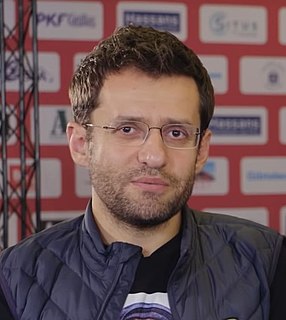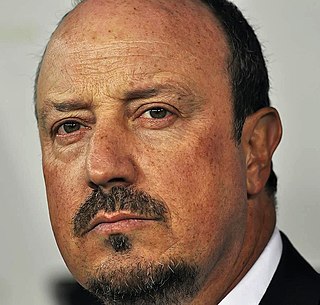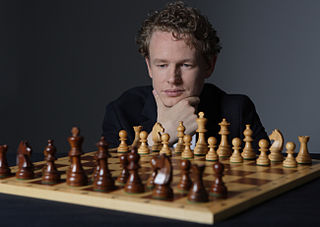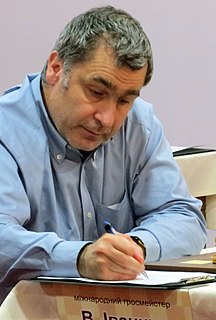A Quote by Vladimir Kramnik
In chess one cannot control everything. Sometimes a game takes an unexpected turn, in which beauty begins to emerge. Both players are always instrumental in this.
Related Quotes
Chess is more than a game or a mental training. It is a distinct attainment. I have always regarded the playing of chess and the accomplishment of a good game as an art, and something to be admired no less than an artist's canvas or the product of a sculptor's chisel. Chess is a mental diversion rather than a game. It is both artistic and scientific.
I started playing chess when I was about 4 or 5 years old. It is very good for children to learn to play chess, because it helps them to develop their mental abilities. It also helps to consolidate a person's character, because as it happens both in life and in a chess game we have to make decisions constantly. In chess there is no luck and no excuses: everything is in your hands.
My life is split in three parts; I don't know the percentage. One could be called "chess" - the Kasparov Chess Foundation, promoting the game, training young players, playing on the internet, sometimes exhibitions. The second area would be "writing" - books, articles, Twitter, Facebook. And then "political activity" - fighting for human rights and democracy, so TV, interviews, speeches.
Chess, which exists predominantly in two dimensions, is one of the world's most difficult games. Three-dimensional chess is an invitation to insanity. But human relationships, even of the simplest order, are like a kind of four-dimensional chess, a game whose pieces and positions change subtly and inexorably between moves, whose players stare dumbly while their powerful positions deteriorate into hopeless predicaments and while improbable combinations suddenly become inevitable. To make matters worse, some games are open to any number of players, and all sides are expected to win.
It feels a little silly to annotate a game in which I didn't make a single move on my own, just following my preparation all the way. [...] A pretty finale. I was obviously hoping for the beauty prize sacrificing both my rooks and all, but OK, Im [sic] afraid requirements are one makes a move of his own for that it seems. Something I could avoid doing in the last five rounds in Dresden. Silly game, this chess.
It's a very special generation, because during our careers the computer entered chess. So we know how to play without computers, which is also important. We can analyse without computers. I am not saying that younger players cannot do this, but we are more in the habit of doing this. That's important to improve your chess understanding.






























